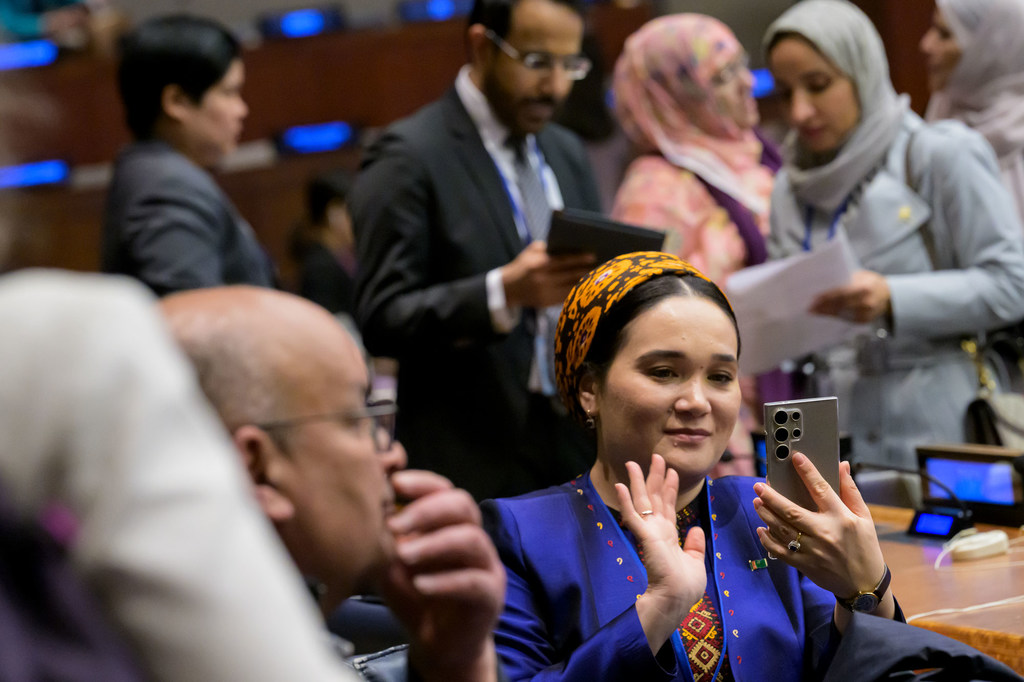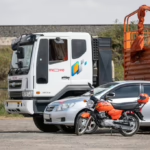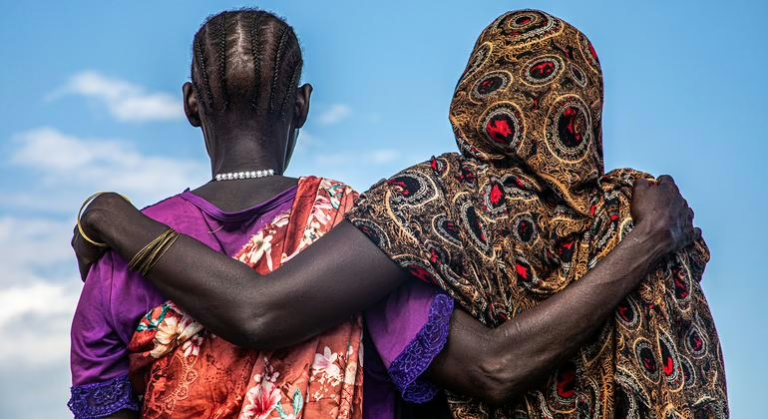In the lead-up to the observance on Monday, 22 September, UN Women-the entity dedicated to promoting gender equality and empowering women-alongside the UN Department of Economic and Social Affairs (DESA), issued a stark warning: progress toward gender equality goals is severely lagging.
Their latest publication, the 2025 Gender Snapshot, reveals that 10% of women currently endure extreme poverty, with projections indicating that by 2030, 351 million women and girls may remain trapped in such conditions.
Approximately 708 million women are sidelined from formal employment due to unpaid caregiving responsibilities. Even those engaged in the workforce often find themselves confined to lower-wage roles. Women face systemic barriers to land ownership, access to financial services, and quality employment opportunities-denying them essential resources to flourish.
The report also highlights the ongoing crisis of violence against women and girls, with one in three experiencing physical or sexual violence at some point in their lives. Additionally, 676 million women live within 50 kilometers of conflict zones-the highest number recorded since the 1990s.
In certain regions, the hard-earned progress on women’s rights is under threat due to a growing backlash and shrinking civic spaces.
Yet, it is crucial to recall the transformative impact of the Fourth World Conference on Women held in Beijing in 1995, widely regarded as a pivotal moment in the global gender equality movement.
This landmark event resulted in the Beijing Declaration and Platform for Action, a comprehensive framework targeting critical issues such as poverty, education, violence, women’s roles in conflict, and political participation.
Representatives from 189 nations collectively affirmed that gender equality is a fundamental human right, essential for social justice, sustainable development, and lasting peace.
Since then, legal protections for women and girls have expanded significantly: 1,583 laws addressing gender-based violence have been enacted across 193 countries, a dramatic increase from just 12 countries in 1995. Over 100 nations have also implemented police training programs to better support survivors of violence.
Workplace gender discrimination laws have multiplied, fostering women’s economic empowerment. New initiatives have emerged to ease the burden of unpaid care work, and gender disparities in education are steadily narrowing.
In the realm of peacebuilding, the number of national action plans focused on women, peace, and security has surged from 19 in 2010 to 112 today.
Students at Siem Reap’s Aranhraingsei Secondary School, Cambodia
The Cost of Advancement
During Monday’s high-level gathering, delegates from member states, civil society, academia, and the private sector will convene to explore strategies for accelerating the implementation of the Beijing Declaration and securing the necessary funding to realize its objectives.
UN Women emphasizes that investing in women equates to investing in the broader community: immediate governmental action could slash extreme poverty among women from 9.2% to 2.7% by 2050, potentially injecting $342 trillion into the global economy by that year.
However, this urgent appeal for increased funding coincides with a troubling trend of budget cuts affecting gender equality programs and data collection efforts. Currently, only half of women’s ministries and gender-focused institutions receive adequate financial support.
Sarah Hendriks of UN Women underscores that this shortfall stems from political priorities that favor military expenditure over human rights and equality. “Our world spends $2.7 trillion annually on armaments, yet falls short of the $320 billion needed to advance gender equality and women’s rights,” she stated.

Participants attend the Commission on the Status of Women.
Will Inequality Persist for Another Century?
The high-level session will be led by Annalena Baerbock, who assumed the presidency of the UN General Assembly in early September and is only the fifth woman to hold this role in the Organization’s 80-year history.
At the conclusion of the week’s events, Baerbock will oversee the election of the next United Nations Secretary-General, whose term begins in 2027. Despite growing calls for change, the position has never been held by a woman.
Worldwide, women continue to face exclusion from leadership and decision-making roles: they hold just 27% of parliamentary seats and 30% of senior leadership positions. Moreover, 113 countries have never had a female head of state. If current trends persist, achieving gender parity in leadership could take a full century.

















